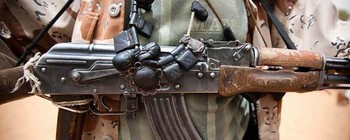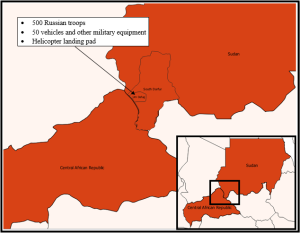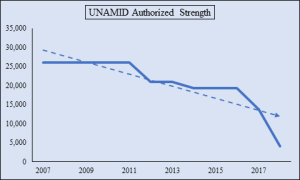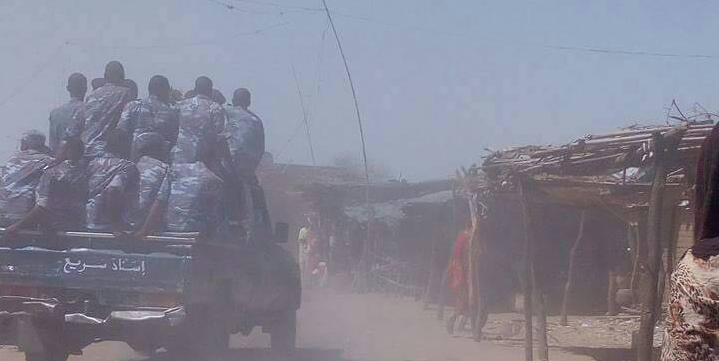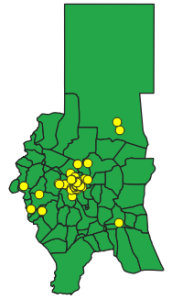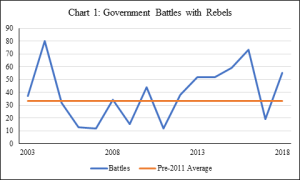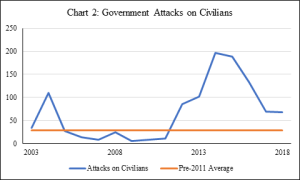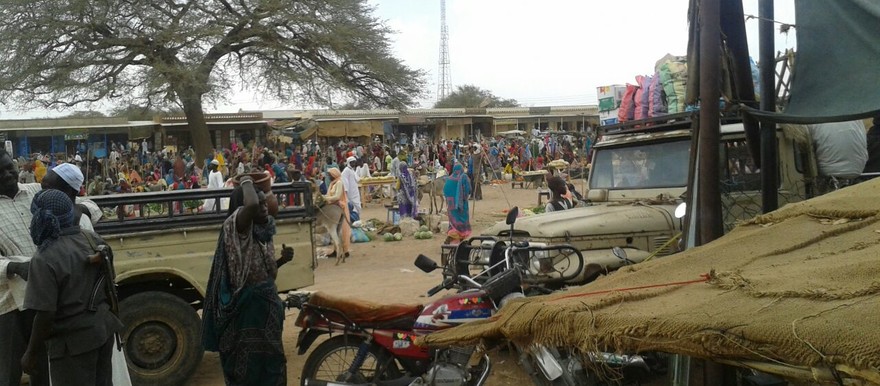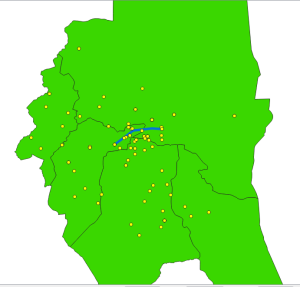The past 10 days have seen yet another slew of violent assaults on civilians in Darfur, with displaced people and recent returnees remaining especially vulnerable. Sexual violence, especially directed towards women, remains a constant problem. In Deleig, Central Darfur, a woman was murdered while struggling against an attempted rape. This is a common occurrence, and gruesomely similar to other cases reported by Radio Dabanga throughout the length of the Genocide in Darfur. Several such cases have been reported in recent weeks.
Farmers remain at risk of death and injury from marauding herders and the state structure which arms and advantages them. A 13-year old displaced girl was shot by herders in Nierteti, Central Darfur early in the week. In Mershing, Southern Darfur, herders (armed Arabs militia) held several displaced people hostages, beating them and extorting money for the release of their possessions. In North Darfur, near the Dar El Salam area, two farmers were savagely beaten by herders when the farmers refused to allow herds of cattle to trample their sown land.
Government propaganda presents these as isolated incidents of banditry and low scale ethnic conflict. This is a smoke screen. Attacks reported as conducted by “herders” or “gunmen” are in truth perpetrated by current and former Janjaweed fighters, armed and supported by the central government. Government forces work closely with “unofficial” militias, and continuously and systemically fail to prosecute acts of violence perpetrated by herders against farmers. The government’s main militia, the Rapid Support Forces, continues to terrorize civilians throughout Darfur, despite renewed requests for international legitimacy by RSF leadership. At ZamZam camp, near the North Darfur capital of El Fasher, RSF in land cruisers seized roughly 15 displaced people at gunpoint, beating and robbing them. The similarity between this “official” act by the RSF and the above-mentioned extortion by “herders” is no coincidence. These are not random acts of criminality, nor are the spontaneous eruptions of ethnic conflict. This is a coordinated campaign orchestrated by the government in Khartoum to terrorize and disadvantage the indigenous African civilian population of Darfur. In a separate incident near Tur, Central Darfur, uniformed soldiers fired on two people and seriously wounded them. Two more farmers were shot at, wounded, and ultimately kidnapped by militiamen in Gobo, South Darfur.
Arrests by military intelligence agents have remained high this week. In Tur, three displaced people were arrested by Military Intelligence and taken to an undisclosed location, where they have not been heard from since. The same happened to a resident of Kass, South Darfur, whose status also remains unclear. Those arrested are almost certainly subject to torture, and likely face death or long imprisonment without due process. Many who go into Military Intelligence prisons are never heard from again. Students were also targeted for arrest this week, as Radio Dabanga reports that several dozen students were arrested at El Geneina University in two separate waves this week.
None of this is new. Reports of rapes, murders, beatings, robberies, and detentions perpetrated by Government forces have continued unabated for the past 15 years. Pick any week at random since 2003 and you will find similar levels of violence targeted against civilians, and this is only what is reported. The International Community must hold the al-Bashir regime accountable for its crimes in Darfur. As the Government of Sudan continues to make inroads towards legitimacy in the eyes of the International Community, as decades old sanctions regimes come undone and Sudanese military commanders with hands soaked in the blood of millions parade shamelessly in diplomatic circles in Washington, we must take note of what Khartoum continues to do in Darfur and across Sudan. The people of Darfur are still dying. We cannot abandon them now.
With the UN general assembly taking place now, we must speak up and hold our leaders accountable. We must demand that our leaders uphold their commitment to international law, law which continues to be violated and undermined by the government of Sudan every day.
What you can do to help?
Add your voice and support DWAG
Please read, share and take action!
Sign up for our symposium to meet survivors and experts with first hand information to educate you and inspire you to take action!
